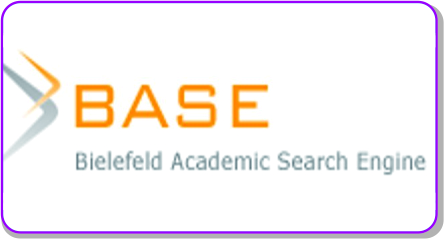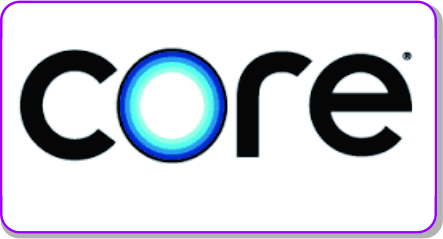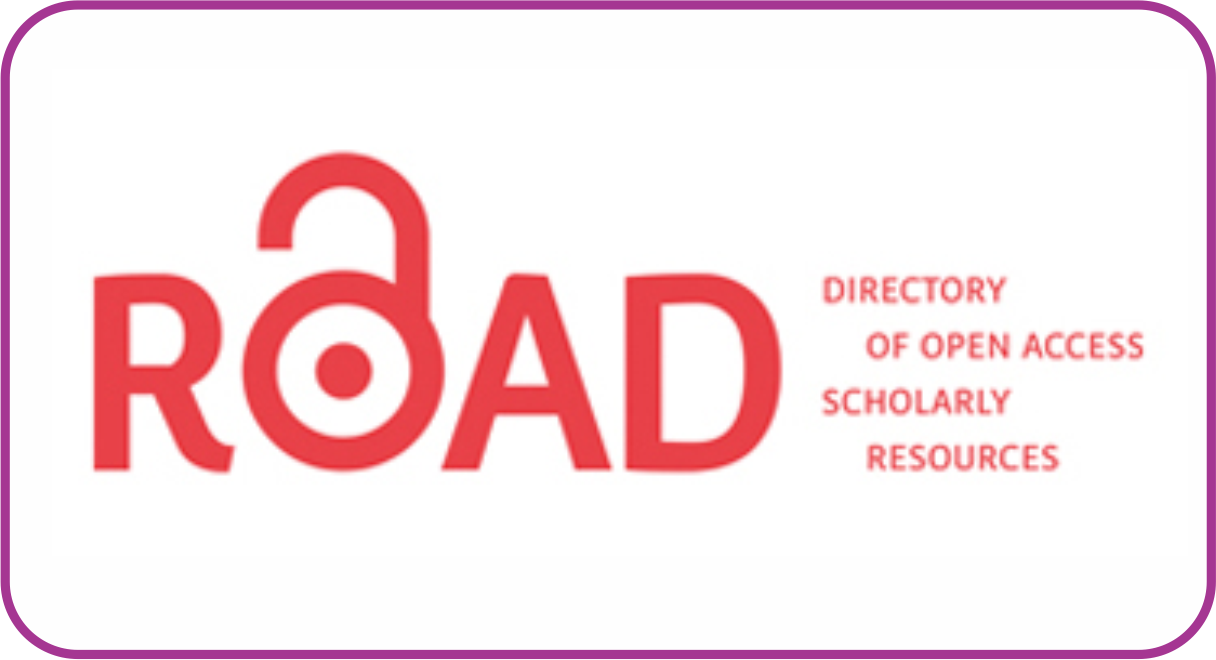Distance Learning With STEAM Approaches: is the Effect on the Cognitive Domain?
DOI:
https://doi.org/10.30983/educative.v6i2.4977Keywords:
Cognitive Domain, Distance Learning, Learning Outcome, STEAM ApproachAbstract
This study uses a STEAM approach to learning outcomes of biological innovation, using a quantitative approach with a quasi-experimental method with a posttest-only design with a nonequivalent group design. The population in this study are fourth-semester students of Biology Tadris UIN Sulthan Thaha Saifuddin Jambi, class IVA, IVB, IVC, and VI D, totaling 36 people. Samples were taken using class IVA and IV D with the purposive sampling technique. The instrument in this study was in the form of five essay test questions. Data analysis used t-test and correlation test (phi (Φ)). Analysis of t-test data from the calculation results shows that the use of the STEAM approach is proven to be better than online lectures without using the STEAM approach. The results of the study were continued with a correlation test (phi test (Φ)), from the results of the calculations, it was concluded that the STEAM approach had a significant effect on the learning outcomes of students’ cognitive domains in the biology learning innovation course.
Penelitian ini menggunakan pendekatan STEAM terhadap hasil belajar inovasi biologi, menggunakan pendekatan kuantitatif dengan metode kuasi eksperimen dengan desain posttest only dengan nonequivalent group design. Populasi dalam penelitian ini adalah mahasiswa semester IV Biologi Tadris UIN Sulthan Thaha Saifuddin Jambi kelas IVA, IVB, IVC, dan VI D yang berjumlah 36 orang. Sampel yang digunakan adalah kelas VIA dan IV D diambil dengan menggunakan teknik purposive sampling. Instrumen dalam penelitian ini berupa 5 soal tes essay. Analisis data menggunakan uji-t dan uji korelasi (phi (Φ)). Analisis data uji t Dari hasil perhitungan diperoleh kesimpulan bahwa penggunaan pendekatan STEAM terbukti lebih baik daripada perkuliahahan online tanpa menggunakan pendekatan STEAM. Hasil penelitian dilanjutkan dengan uji korelasi (uji phi (Φ)), dari hasil perhitungan diperoleh kesimpulan bahwa pendekatan STEAM berpengaruh signifikan terhadap hasil belajar ranah kognitif mahasiswa pada mata kuliah inovasi pembelajaran biologi.
References
Book
Tatus, S, P Rospects, A N A Genda, and F O R R Esearch, ‘Stem I Ntegration in K-12 E Ducation’, March, 2014
Journal
van Baalen, Wander M, Tamara de Groot, and Liesbeth Noordegraaf-Eelens, ‘Higher Education, the Arts, and Transdisciplinarity: A Systematic Review of the Literature’, Research in Education, 2021, 003452372110057 <https://doi.org/10.1177/00345237211005799>
Bertrand, Marja G., and Immaculate K. Namukasa, ‘STEAM Education: Student Learning and Transferable Skills’, Journal of Research in Innovative Teaching & Learning, 13.1 (2020), 43–56 <https://doi.org/10.1108/jrit-01-2020-0003>
Chen, Wu, Xin Tang, and Ting Mou, ‘Course Design and Teaching Practice in STEAM Education at Distance via an Interactive E-Learning Platform’, Asian Association of Open Universities Journal, 14.2 (2019), 122–33 <https://doi.org/10.1108/aaouj-07-2019-0027>
Guo, Pengyue, Nadira Saab, Lysanne S. Post, and Wilfried Admiraal, ‘A Review of Project-Based Learning in Higher Education: Student Outcomes and Measures’, International Journal of Educational Research, 102.November 2019 (2020), 101586 <https://doi.org/10.1016/j.ijer.2020.101586>
Hayes, David, ‘Against Critical Thinking Pedagogy’, Arts and Humanities in Higher Education, 14.4 (2015), 318–28 <https://doi.org/10.1177/1474022215592248>
Horwitz, Eva Bojner, Christina Grape Viding, Elisabeth Rydwik, and Ephrat Huss, ‘Arts as an Ecological Method to Enhance Quality of Work Experience of Healthcare Staff: A Phenomenological-Hermeneutic Study’, International Journal of Qualitative Studies on Health and Well-Being, 12.1 (2017) <https://doi.org/10.1080/17482631.2017.1333898>
Hsieh, Cheng Tiao, ‘Developing Programmable Robot for K12 STEAM Education’, IOP Conference Series: Materials Science and Engineering, 1113.1 (2021), 012008 <https://doi.org/10.1088/1757-899x/1113/1/012008>
Kuzmickaja, Ilona, Xiaofeng Wang, Daniel Graziotin, Gabriella Dodero, and Pekka Abrahamsson, ‘In Need of Creative Mobile Service Ideas? Forget Adults and Ask Young Children’, SAGE Open, 5.3 (2015) <https://doi.org/10.1177/2158244015601719>
de la Garza, Armida, ‘Internationalizing the Curriculum for STEAM (STEM + Arts and Humanities): From Intercultural Competence to Cultural Humility’, Journal of Studies in International Education, 25.2 (2021), 123–35 <https://doi.org/10.1177/1028315319888468>
Norlyk, Annelise, Pia Dreyer, Anita Haahr, and Bente Martinsen, ‘Understanding the Creative Processes of Phenomenological Research: The Life Philosophy of Løgstrup’, International Journal of Qualitative Studies on Health and Well-Being, 6.4 (2011) <https://doi.org/10.3402/qhw.v6i4.7320>
Ozkazanc, Seher, and Ulku Duman Yuksel, ‘Evaluation of Disaster Awareness and Sensitivity Level of Higher Education Students’, Procedia - Social and Behavioral Sciences, 197.February (2015), 745–53 <https://doi.org/10.1016/j.sbspro.2015.07.168>
Putra, M Ikhbal Jaya, M Junaid, and Fauzan Sulman, ‘The Ability of the Question and Answer (Q&A) Method with the Help of Learning Videos against Student Learning Outcomes amid the Covid-19 Pandemic’, EDUKATIF: Jurnal Ilmu Pendidikan, 3.5 (2021), 2160–69 <https://doi.org/https://doi.org/10.31004/edukatif.v3i5.768>
Roche, Joseph, Laura Bell, Ian Martin, Fiona Mc Loone, Amanda Mathieson, and Frida Sommer, ‘Science Communication Through STEAM: Professional Development and Flipped Classrooms in the Digital Age’, Science Communication, 2021 <https://doi.org/10.1177/10755470211038506>
Rozal, Edi, Rizki Ananda, Aminah Zb, and Mohammad Fauziddin, ‘The Effect of Project-Based Learning through YouTube Presentations on English Learning Outcomes in Physics’, AL-ISHLAH: Jurnal Pendidikan, 13.3 (2021), 1924–33 <https://doi.org/10.35445/alishlah.v13i3.1241>
Sarsengeldin, Merey, Askar Satabaldiyev, Zhaparov Meirambek, and Selim Guvercin, ‘Interdisciplinary Connections and Their Influence on Mathematical Education of Students’, Procedia - Social and Behavioral Sciences, 89 (2013), 866–71 <https://doi.org/10.1016/j.sbspro.2013.08.946>
Sremcev, Nemanja, Milovan Lazarevic, Branislava Krainovic, Jovan Mandic, and Milovan Medojevic, ‘Improving Teaching and Learning Process by Applying Lean Thinking’, Procedia Manufacturing, 17 (2018), 595–602 <https://doi.org/10.1016/j.promfg.2018.10.101>
Sulman, Fauzan, ‘Application of Cooperative Problem Posing and Prior Motivation Towards Students Learning Outcomes’, Indonesian Journal of Educational Research (IJER), 4.2 (2019), 93–96 <https://doi.org/10.30631/ijer.v4i2.126>
Sulman, Fauzan, Tanti; Tanti, Mhmd Habibi, and Aminah Zb, ‘Pengaruh Media Animasi Berkarakter Islami Terhadap Hasil Belajar Pengetahuan Bumi Dan Antariksa’, Edumaspul: Jurnal Pendidikan, 5.1 (2021), 135–46 <https://doi.org/10.33487/edumaspul.v5i1.1044>
Sulman, Fauzan, Muhammad Reyza Arif Taqwa, Aminah Zb Aminah Zb, Rafzan Rafzan, and Ahmad Fikri, ‘The Effect of Mathematical Connections on the Mastery of Probability Material’, Edumatika : Jurnal Riset Pendidikan Matematika, 3.2 (2020), 147–57 <https://doi.org/10.32939/ejrpm.v3i2.645>
Trowsdale, Jo, Ursula McKenna, and Leslie J. Francis, ‘Teacher Evaluation of the Impact of The Imagineerium Education Project on the Creativity of Individual Students: The Trowsdale Index of Teacher Observation of Student Creativity’, Research in Education, 2021 <https://doi.org/10.1177/00345237211014559>
Trueman, Rebecca J., ‘Productive Failure in Stem Education’, Journal of Educational Technology Systems, 42.3 (2014), 199–214 <https://doi.org/10.2190/et.42.3.b>
Tuan Soh, Tuan Mastura, Nurazidawati Mohamad Arsada, and Kamisah Osman, ‘The Relationship of 21st Century Skills on Students’ Attitude and Perception towards Physics’, Procedia - Social and Behavioral Sciences, 7.C (2010), 546–54 <https://doi.org/10.1016/j.sbspro.2010.10.073>
Zb, Aminah, Devie Novalian, Edi Rozal, Fauzan Sulman, and Mhmd Habibi, ‘STEM Approach in Online Lectures: How Does It Contribute to Cognitive Aspects?’, Indonesian Journal of Science and Education, 5.2 (2021), 88–97 <https://doi.org/10.31002/ijose.v5i2.4365>
Zb, Aminah, M. Eval Setiawan, Edi Rozal, and Fauzan Sulman, ‘Investigating Hybrid Learning Strategies: Does It Affect Creativity?’, Jurnal Kependidikan: Jurnal Hasil Penelitian Dan Kajian Kepustakaan Di Bidang Pendidikan, Pengajaran Dan Pembelajaran, 7.4 (2021), 868–75 <https://doi.org/10.33394/jk.v7i4.4063>
Zb, Aminah, M Eval Setiawan, and Fauzan Sulman, ‘Pengaruh E-Learning Berbasis Schoology Berbantuan WhatsApp Group Terhadap Hasil Belajar Ditengah Pandemi Covid-19’, Al-Khidmah, 3.2 (2020), 55–60 <https://doi.org/10.29406/al-khidmah.v3i2.2282>
Downloads
Submitted
Accepted
Published
Issue
Section
License
Authors who publish with this journal agree to the following terms:
1. Authors retain copyright and grant the journal right of first publication with the work simultaneously licensed under a Creative Commons Attribution License that allows others to share the work with an acknowledgment of the work's authorship and initial publication in this journal.
2. Authors are able to enter into separate, additional contractual arrangements for the non-exclusive distribution of the journal's published version of the work (e.g., post it to an institutional repository or publish it in a book), with an acknowledgment of its initial publication in this journal.
3. Authors are permitted and encouraged to post their work online (e.g., in institutional repositories or on their website) prior to and during the submission process, as it can lead to productive exchanges, as well as earlier and greater citation of published work (See The Effect of Open Access).





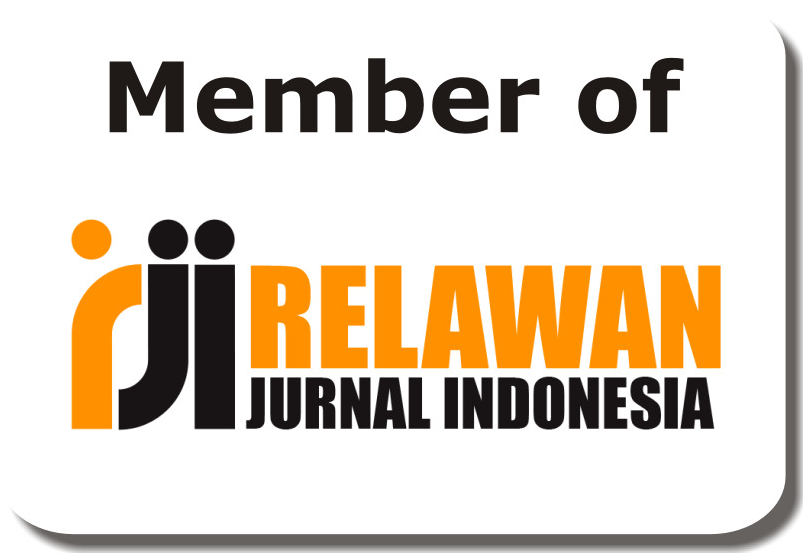


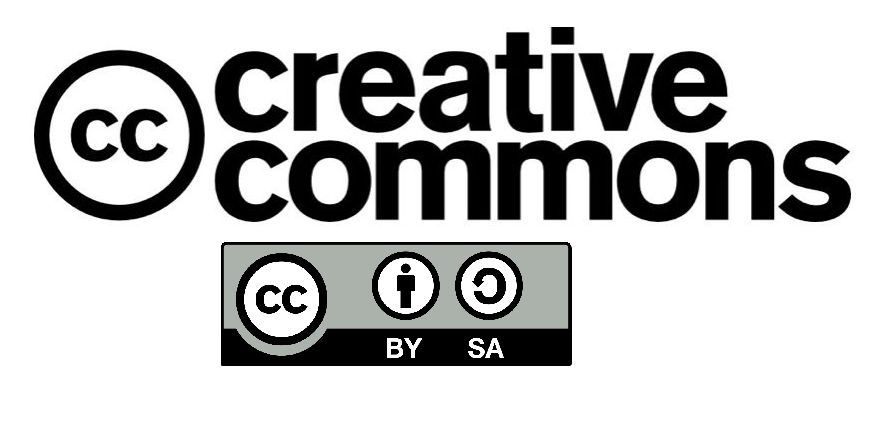









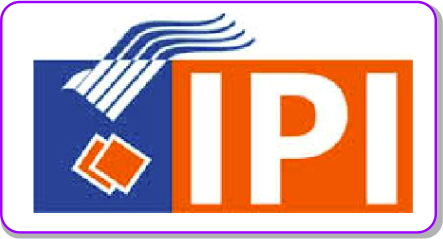 Â
 
